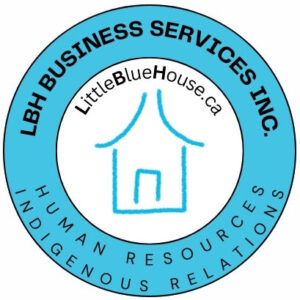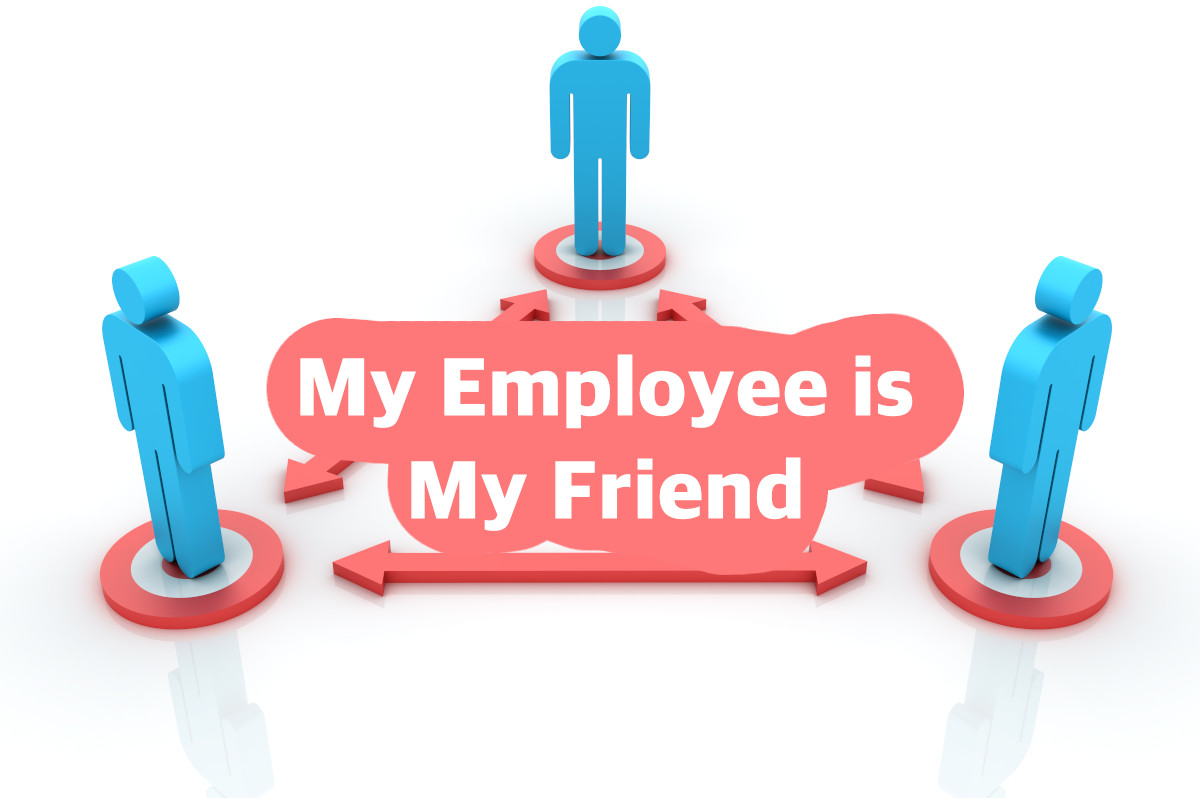Some people like to make friends at work. This is a good thing when considering employee engagement and team building. Although, when one friend supervises the other it can get difficult to manage.
When an employee you supervise is also a friend it can be difficult to manage that close connection professionally. For a friend to understand your situation as a supervisor of them you must communicate regularly, discuss work roles, and avoid nepotism or bias.
Read more below to get some extra details about this.
Communication
Communication is important for any relationship especially when it’s a friendship between a supervisor/manager and a directly supervised employee.
From an HR standpoint, you need to set boundaries but don’t make all work topics off-limits. Some private things not to talk about are the performance of other employees, disciplinary issues of other employees, health issues of other employees, and anything that only supervisors or managers should know about.
From a friendship standpoint, make sure you communicate about eligible work topics as soon as you can with your friend. If your friend is not the first to know then this will harm your relationship. Additionally, you may consider giving a simple heads-up when bad or good things are coming. This does not mean you tell them the details just a simple “Something bad (or good) is coming but as you know I can’t tell you the details yet.
Work Roles
A major part of what you should be talking to your friend about is work roles and the hard boundaries you should not be talking about. With the example above you might be able to give a heads-up but no details at all. The friend you supervise needs to understand that you cannot ever give more details.
On the other side, the friend you supervise may not be in a place to share what other employees are talking about. There is a level of trust co-workers need to uphold. If trust is lost, then the other employees may have issues working with your friend. The friend you supervise is not your informant for office gossip.
Additionally, never allow other supervisors, managers, and co-workers to use your relationship as a tool to gather information. If either person allows this to happen, then the friendship will be in jeopardy.
This is hard and can put a strain on the friendship. Both of you should never try to get more information from each other by applying pressure or playing guessing games. You both have other work relationships and trust to protect.
You may have already been in these roles when you became friends but, in some cases, you may have been peers before the promotion. Consider the book “Supervising Former Peers: What To Do When You Start Managing Former Peers ” by Kealey Billeck on Amazon.
” by Kealey Billeck on Amazon.
Avoiding Nepotism or Bias
“You got that promotion because you’re friends with the boss!”
The dreaded words “You got that promotion because you’re friends with the boss!” It is natural that we want to be close to our friends and help them succeed. In this case, you need to fight hard to not let your friendship allow you to give extra attention to your friend.
You need to allow another supervisor or manager to handle the performance evaluations of your friend. Better yet officially stop supervising your friend.
In a small organization, both these options may be impossible. In this case, you need a standardized performance evaluation tool for all employees that will help you be less biased and avoid nepotist choices.
Check out my other article to learn about a great easy performance evaluation process.
What’s Next?
As a supervisor, manager, or owner who directly supervises employees you should consider getting additional and ongoing human resources support. We all have employee issues or supervisor questions that you may not want to consult your own HR department about.
Additionally, getting outside or third-party advice could help you get fresh ideas. Before implementing any third-party advice always consult your employee handbook and any policies concerning the situation. For a low price, you can ask and have access to previous HR-related questions on my Patreon account. This way you can get expert advice no matter what level of supervision or management you’re at.
on my Patreon account. This way you can get expert advice no matter what level of supervision or management you’re at.
For human resources support in Canada, click here to book a free HR needs assessment now. If you’re on a budget, consider joining my Patreon to ask unlimited HR questions. If you need HR advice sooner, book a consultation via Fiverr here.
HR questions. If you need HR advice sooner, book a consultation via Fiverr here.

